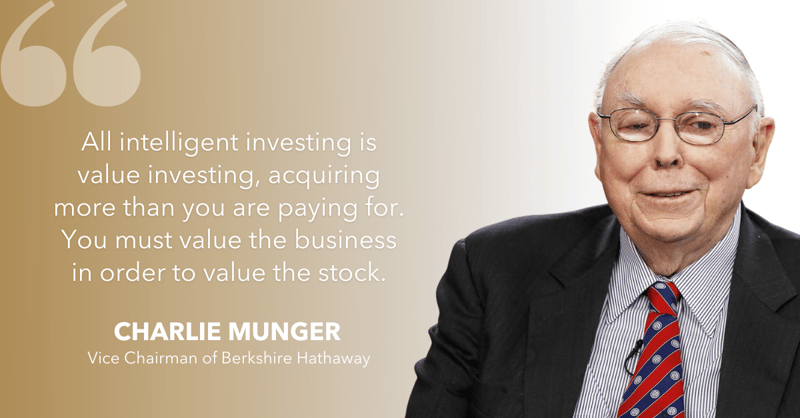

Most people have heard of value investing.
Warren Buffett became a billionaire following this strategy.
But new research shows the names of many value funds are misleading.
And not all value strategies are created equal.
So before you decide this strategy is right for you…
Read on.
Value investors search for stocks they believe are undervalued by the market.
(Or stocks that are valuable but not recognised by the majority of other buyers).
They are bargain hunters.
Many do not support the Efficient Market Hypothesis backed by evidence-based investors…
But they do trust the market will eventually start to favour those quality stocks that were, for a time, undervalued.
However, a recent academic study generating buzz in the media confirms what many people already suspected:
A lot of value funds aren’t living up to their names.
Adding the word value to a fund’s name is easy.
Indeed, more than 500 funds now use the term.
Yet delivering a true value strategy – pursuing the higher expected returns academic researchers have identified – remains challenging.

In a working paper titled “Characteristics of Mutual Fund Portfolios: Where Are the Value Funds?”, a group of researchers from Berkeley and New York show very few value funds provide investors with significant exposure to the companies that tend to outperform over longer periods of time.
(Value stocks trade at a low price relative to the equity stockholders have in the company. Historical research shows value stocks tend to outperform growth stocks over longer time horizons).
“Many active value funds are closet growth funds […]. On average, they hold more growth stocks than value stocks.”
Martin Lettau of the University of California, Berkeley
It’s a pattern they find to have been consistently true since the 1980s.
So why is it so hard to build value funds around actual value stocks?
The researchers consider and dismiss several possible theories.
It’s not simply the tendency of performance-focussed managers to load up on stocks that are performing well.
Nor is it the fault of those who define ‘value’.
The researchers looked primarily at stocks with low price-to-book ratios.
However, they also considered several alternative criteria – including price-to-earnings ratios and dividend yield – and reached similar conclusions.
How can we be sure we are getting true value as investors?
Not all value funds are created equal.
Many funds that are branded as value have fallen short on delivering the value premium.
If value investing is a strategy that appeals to you, Dimensional Fund Advisors are the exception.
I’ve talked about them a lot.
Dimensional draws insights from decades of academic research…
Data and evidence-based investment management.
As well as their own analysis of returns from global markets.
In order to understand the most important drivers of expected returns.
“If your goal is higher expected returns, you have to identify what drives returns and then use that information efficiently every day.”
Marlena Lee – Co-Head of Research, Dimensional
Dimensional is the largest fund manager you probably have never heard of.
But they represent a golden opportunity for any investor.
Talk to us if you want to know more.

